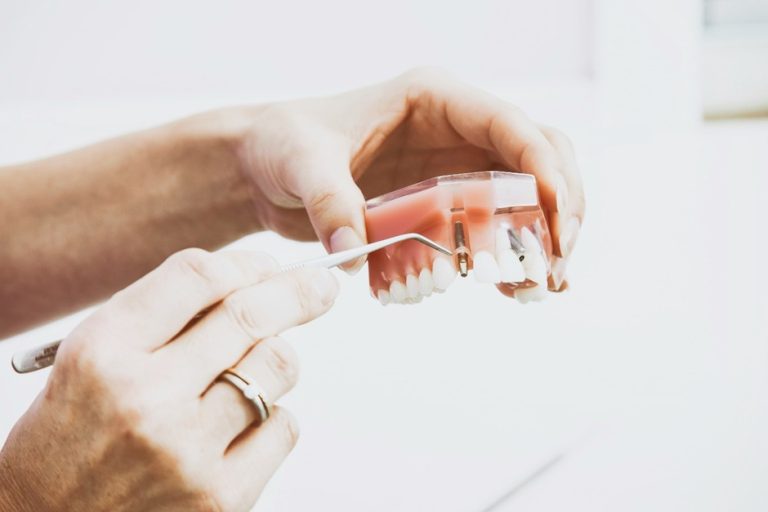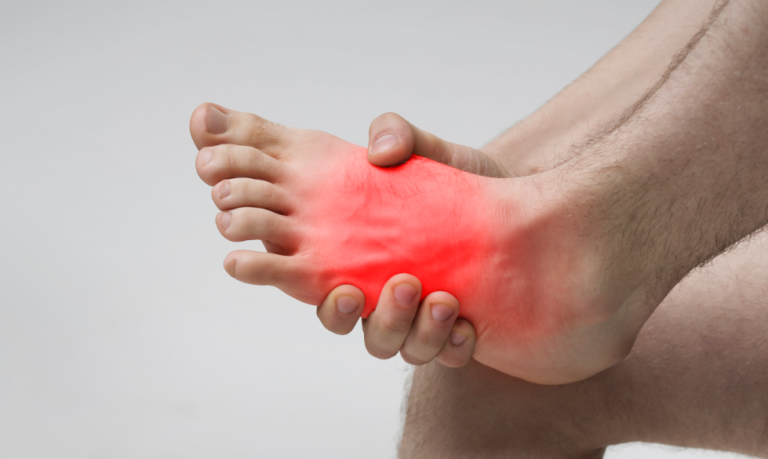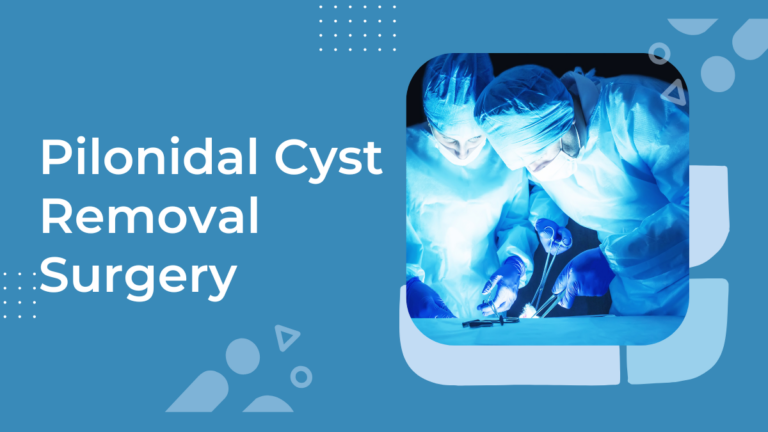Symptoms of Childhood Trauma in Adulthood: When to Seek Help

Childhood trauma takes many forms – sexual, physical, or emotional abuse, neglect, abandonment issues, witnessing violence, or experiencing incredibly stressful events. But regardless of the specific traumatic experiences, their impacts tend to carry well into adulthood if left unresolved.
Adults with childhood trauma often display a complex set of lasting symptoms stemming from adversities they endured during critical developmental stages. These can negatively influence mental health, physical well-being, life outlook, relationship patterns, and professional success.
Many adults unconsciously spend decades merely coping with these lingering trauma effects, never realizing their roots or how much relief could be found with the proper support and healing work.
In this guide, we’ll examine common symptoms signaling childhood trauma may be manifesting in adulthood so you can determine if professional intervention could improve your quality of life.
Common Symptoms of Childhood Trauma in Adult
Unhealthy Emotional Patterns and Mindsets
One of the most widespread issues for adults with childhood trauma is difficulty processing, managing, and expressing emotions in a healthy manner. This stems from emotional dysregulation and coping habits developed around traumatic childhood experiences.
Telltale signs include:
- Persistent anxiety, anger, sadness, and other negative emotions out of proportion to adult situations
- Experiencing sudden, intense emotional outbursts or emotional “flashbacks”
- Chronic feelings of emptiness, hopelessness, or lack of purpose
- The belief that you’re permanently “damaged” by childhood experiences
- Rigid self-criticism, low self-esteem, and seeing yourself in a negative light
These symptoms often shield much deeper feelings of hurt, shame, or emotional wounds from childhood. Processing buried emotions with professional support provides powerful healing.
Self-Destructive or Self-Sabotaging Behaviors
Adults carrying childhood trauma frequently struggle with self-destructive patterns, addiction tendencies, and self-sabotaging behaviors. These include:
- Substance abuse issues with alcohol, drugs, or other compulsive behaviors
- Self-harm through cutting, unsafe situations, or toxic relationships
- Poor boundaries and self-control in areas like spending, sex, or food
- Unconsciously recreating negative dynamics from dysfunctional childhoods
- Pessimistic attitudes, perfectionism, or all-or-nothing mentalities
While often developed initially to cope with traumatic childhoods, these behaviors tend to do more harm than good in adulthood – robbing people of authenticity and the life they deserve.
Dysfunctional Social and Relationship Patterns
Adults who endured childhood trauma carry deep scars influencing their abilities to connect authentically and maintain healthy relationships. This trauma impacts trust, attachment, boundaries, and judgments made about self-worth and value from others.
Symptoms may manifest through:
- Constant feelings of invalidation or superficial connections with others
- An unhealthy desperation to please others at the expense of your own identity
- Codependent tendencies or consistently finding yourself in toxic relationships
- Extreme social isolation or emotional distancing as a coping mechanism
- Inability to communicate openly, resolve conflicts, or ask for what you need in relationships
Physical and Somatic Symptoms
For many adults dealing with the impacts of childhood trauma, physical symptoms, and pain emerge as that trauma manifests somatically in the body. Tied to elevated stress levels, this causes:
- Chronic pain in areas like the back, neck, headaches, or stomach
- Sleep disturbances ranging from insomnia to exhaustion
- Autoimmune or chronic inflammatory disorders
- Eating disorders, weight fluctuations, and metabolic issues
- Hypersensitivity to sounds, smells or situations reminiscent of the trauma
Even without known causes, these physical symptoms can dramatically impact the quality of life – signaling a need to work through unhealed childhood trauma through body-centered therapies.
When to Seek Help for Childhood Trauma
While the above symptoms of childhood trauma in adulthood seem daunting, the impacts don’t have to become permanent realities. Interventions from professionals like goodhealthpsych.com, offer effective routes to recovery.
In general, it’s wise to explore trauma-informed counseling, therapy, and bodywork whenever:
- Difficult emotions, behaviors, or relationship patterns feel unmanageable or self-destructive
- Traditional self-help, coping skills, and support systems prove insufficient for deep-rooted issues
- You can’t achieve desired transformations despite genuine efforts over significant time
- Physical symptoms of stress and internal distress persist without obvious medical causes
Four specific signs it’s time to seek help include:
- Intrusive symptoms of PTSD or C-PTSD. Post-traumatic stress disorder and complex PTSD involve intense recurrent experiences like terrifying flashbacks, dissociation episodes and psychologically re-living traumatic events. These are clear signs professional trauma treatment is needed.
- Increased outbursts of emotional volatility. Sudden emotional volatility and explosive outbursts become safety concerns for yourself and others around you. This signifies underdeveloped emotional regulation requiring immediate supportive interventions.
- Pervasive self-harm or suicidal ideations. Constant thoughts of self-harm, addiction relapses, and suicidal ideation require immediate emergency support. With proper trauma-informed care and a safety action plan, healing becomes possible.
- Toxic relationships, severe codependency. If you continually find yourself trapped in abusive, toxic, or violating relationship patterns echoing childhood dynamics, it’s crucial to get help developing self-worth and healthy boundaries – for your own safety.
While it may feel daunting, facing childhood trauma as an adult allows you to break cycles, release limiting self-beliefs, and claim the life of purpose and joy you deserve.
Where to Get Support
A wide range of potential therapeutic supports exist for adults with childhood trauma spanning conventional and complementary practices:
Psychotherapy / Counseling
Through trauma-informed cognitive behavioral therapy, EMDR therapy, or psychoanalytic techniques, you unpack core childhood experiences shaping dysfunctional thought patterns and behaviors.
Energy Psychology / Bodywork
Somatic therapies like Reiki, massage, breathwork, and yoga gently help discharge traumatic cellular memories trapped in the physical body.
Art / Experiential Therapies
Expressive modalities facilitating emotional release include art therapy, sand play, dance/movement therapies, and specialized retreats.
Medication and Lifestyle Support
When appropriate, medications like anti-anxiety prescriptions and lifestyle coaching around nutrition, exercise, meditation, and mindfulness boost healing.
Support Groups
Affordable group therapy settings or local organizations provide opportunities to connect, validate experiences, and process alongside others also overcoming childhood trauma.
The key is finding a therapist and treatment approach that aligns with your specific traumatic experiences, symptoms, and personal preferences. Working with qualified trauma-informed professionals ensures your process feels safe, ethical, and productive.
Healing From Childhood Trauma
While incredibly challenging, healing from childhood trauma allows you to permanently replace long-standing symptoms with self-love, healthy patterns, and a fulfilling life. Working at your own pace, you’ll gain awareness and tools to reprocess traumatic experiences and their physiological imprints on the brain/body.
As armor like numbness, substance abuse, and toxic relationships fall away, you’ll finally experience profound states of inner calm, presence, freedom, and wholeness once obscured. Lives of integrity, purpose, and authentic connection become possible.
If symptoms of childhood trauma seem to be manifesting through your emotional, physical or relational struggles as an adult, don’t suffer in silence. Support resources ensure you’re never alone on the journey toward healing and thriving as the empowered person you were born to become.




